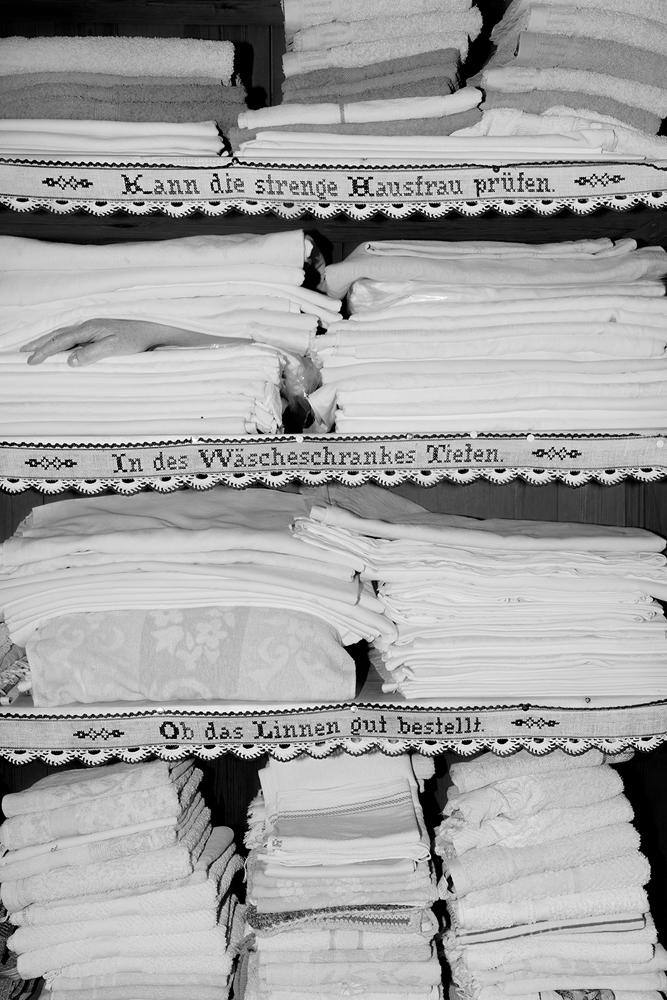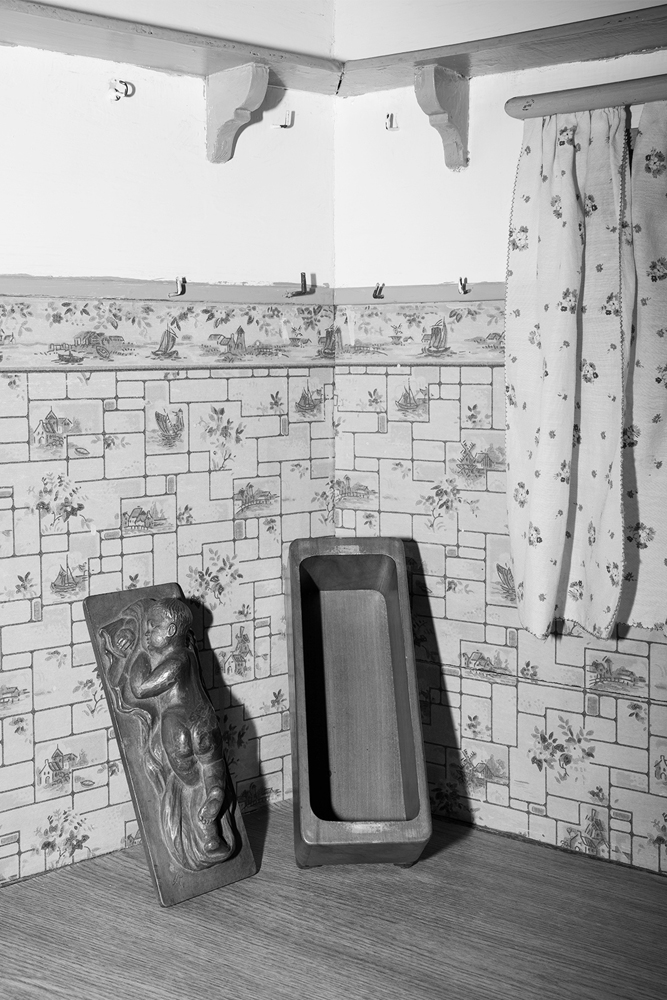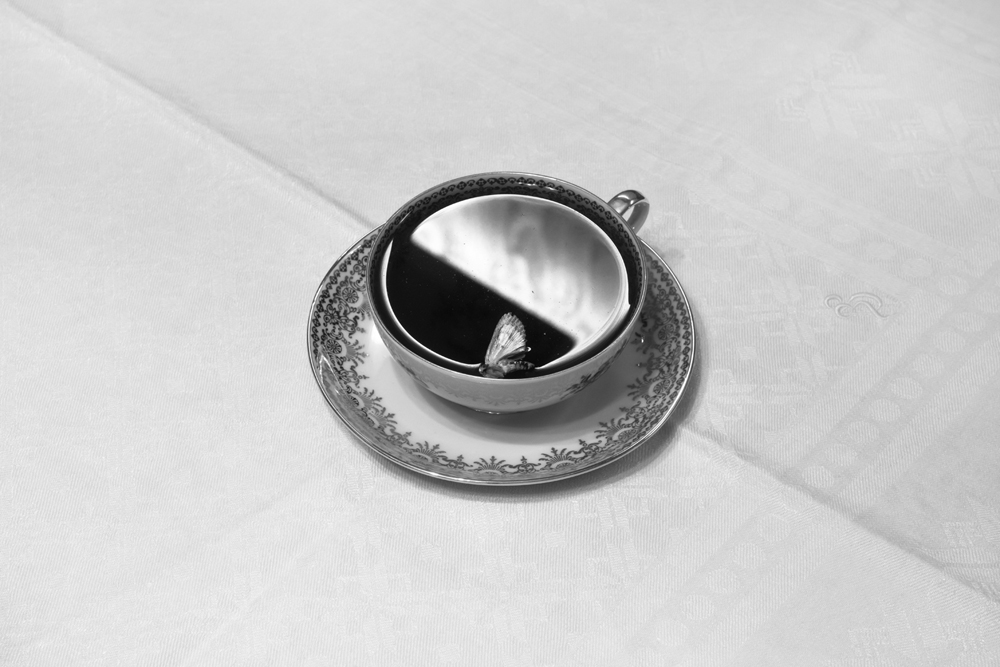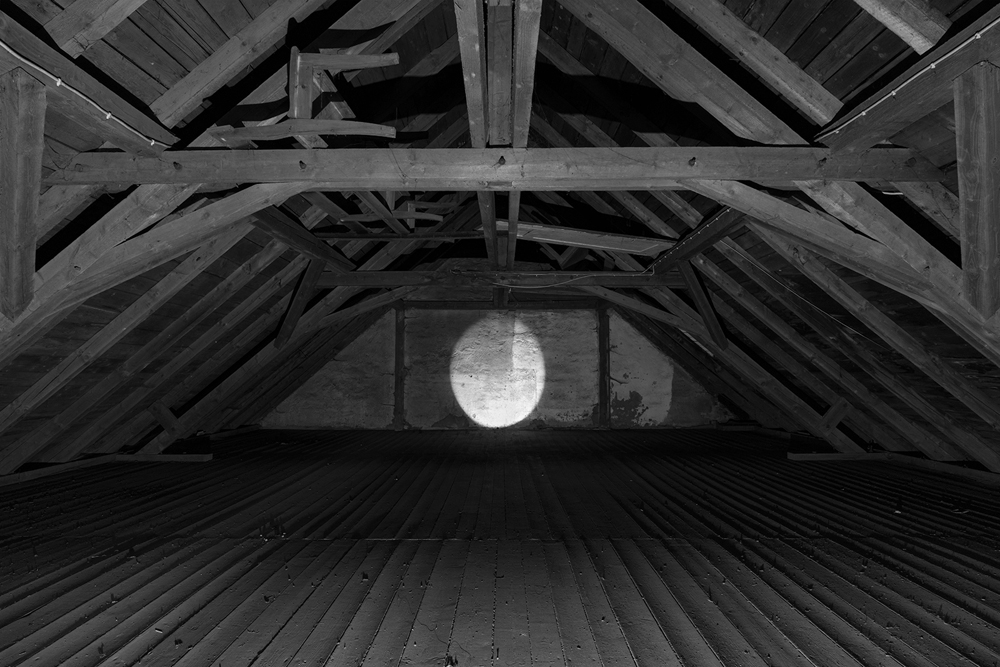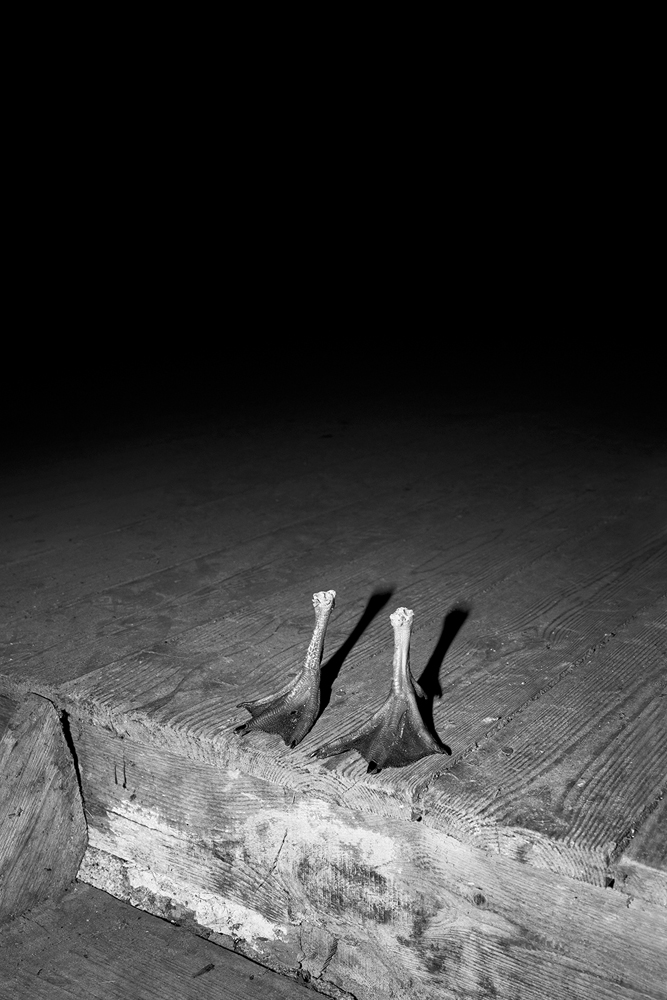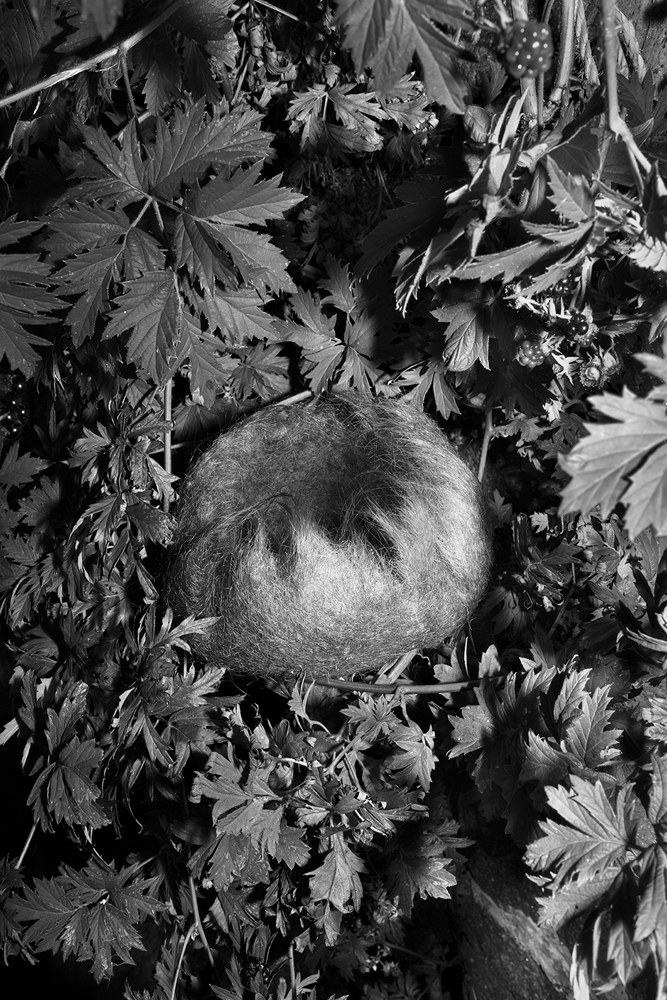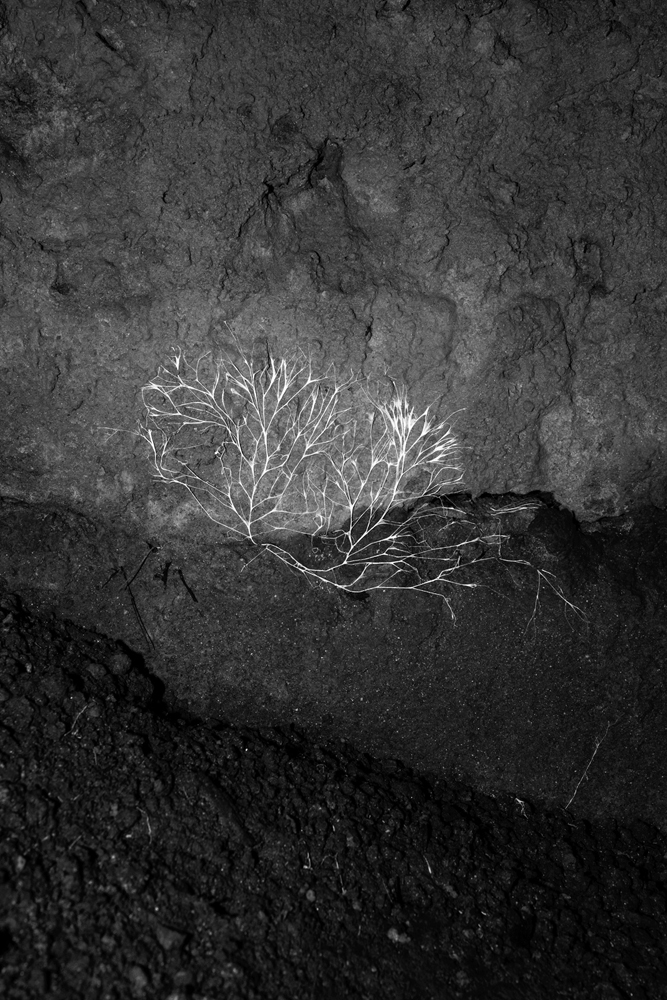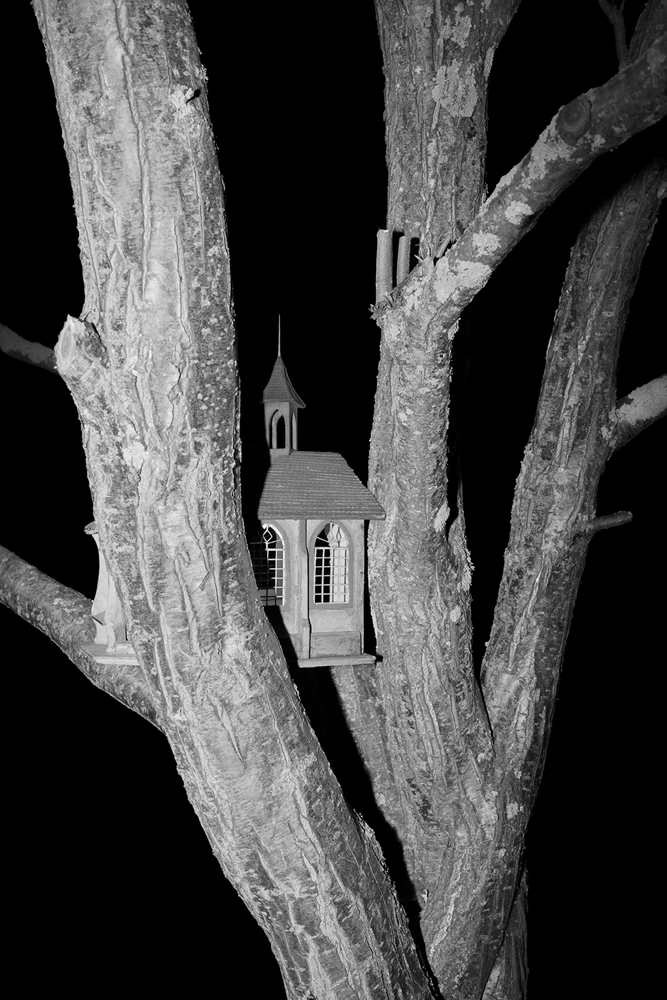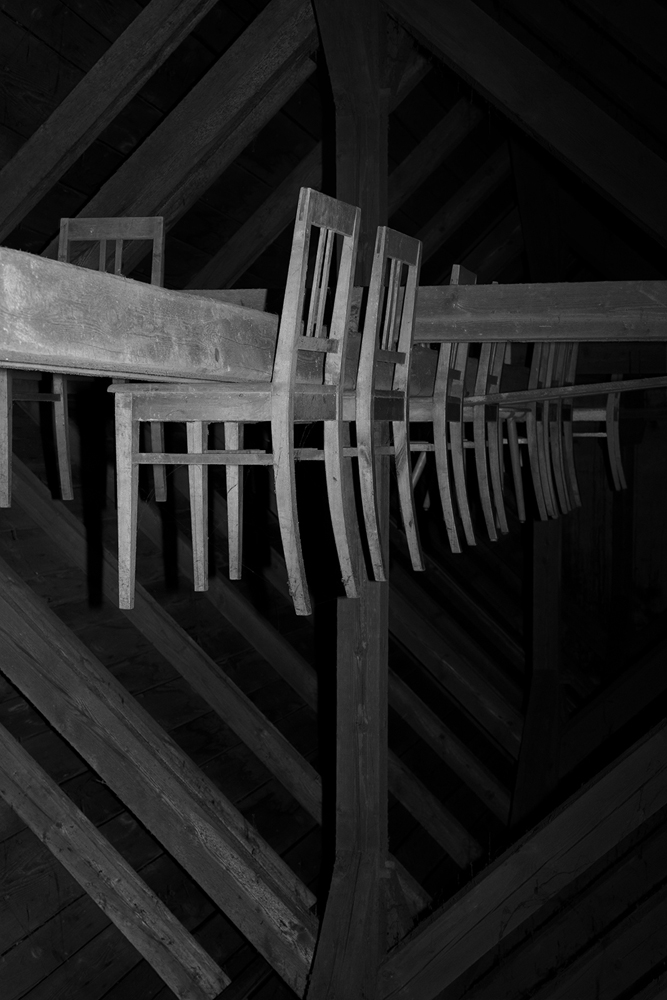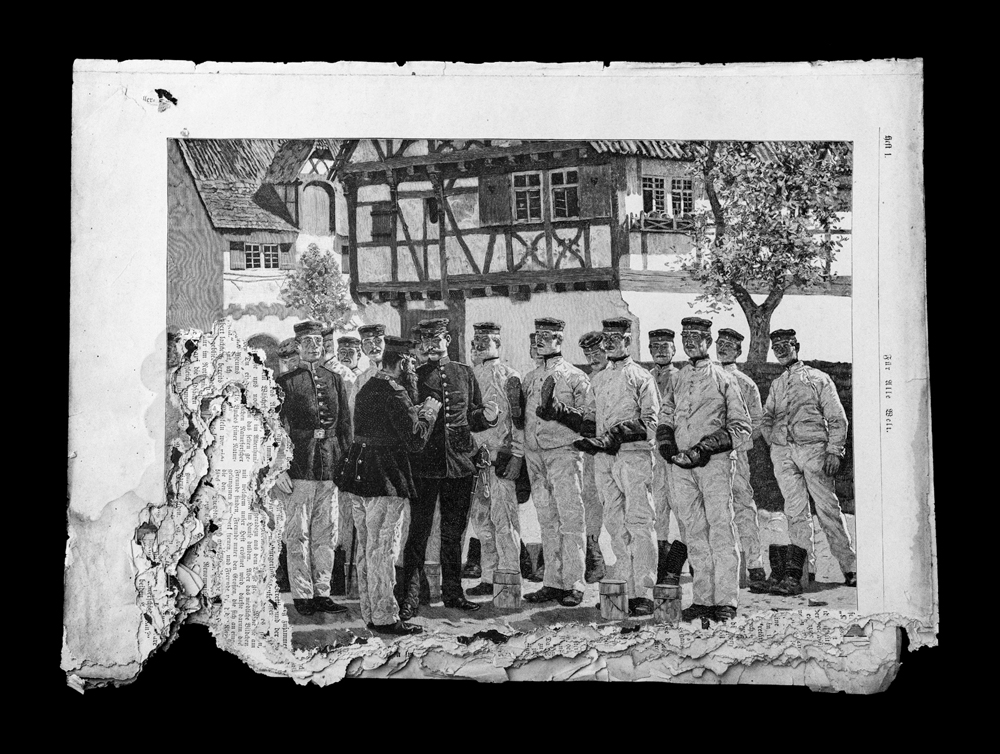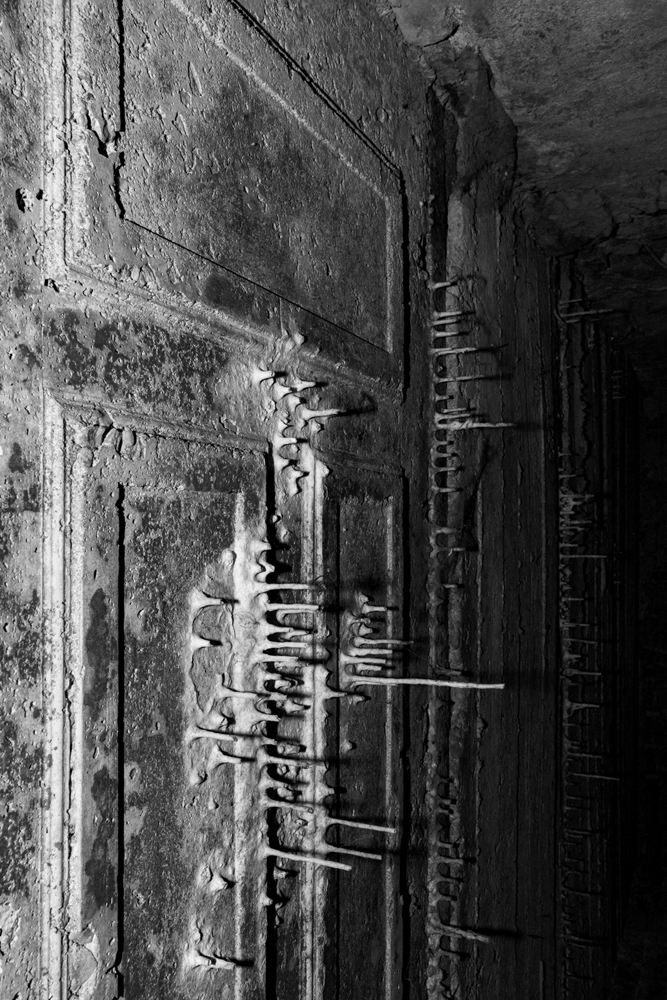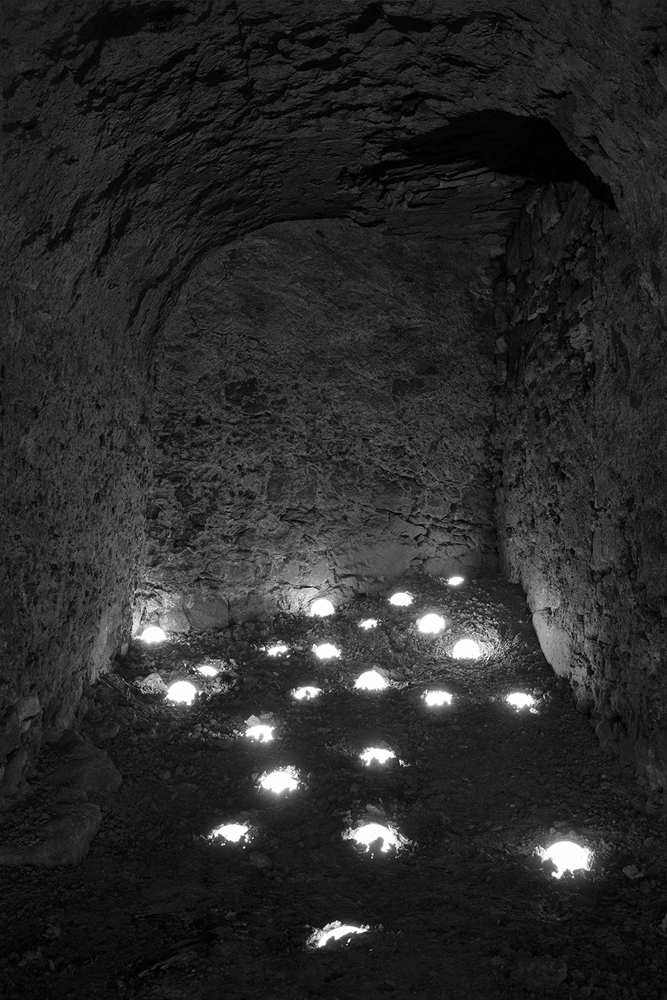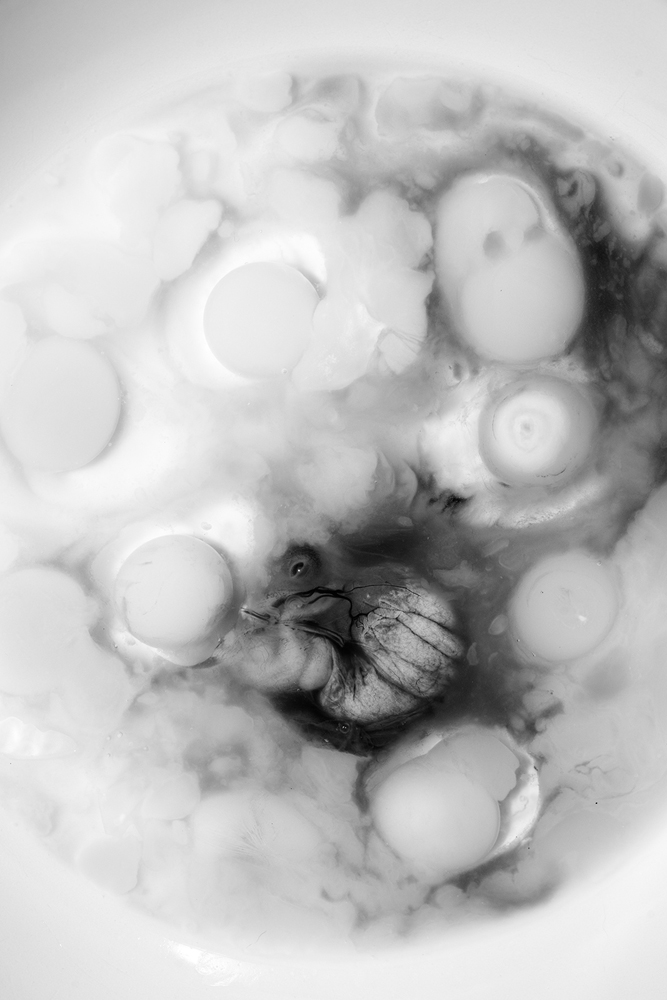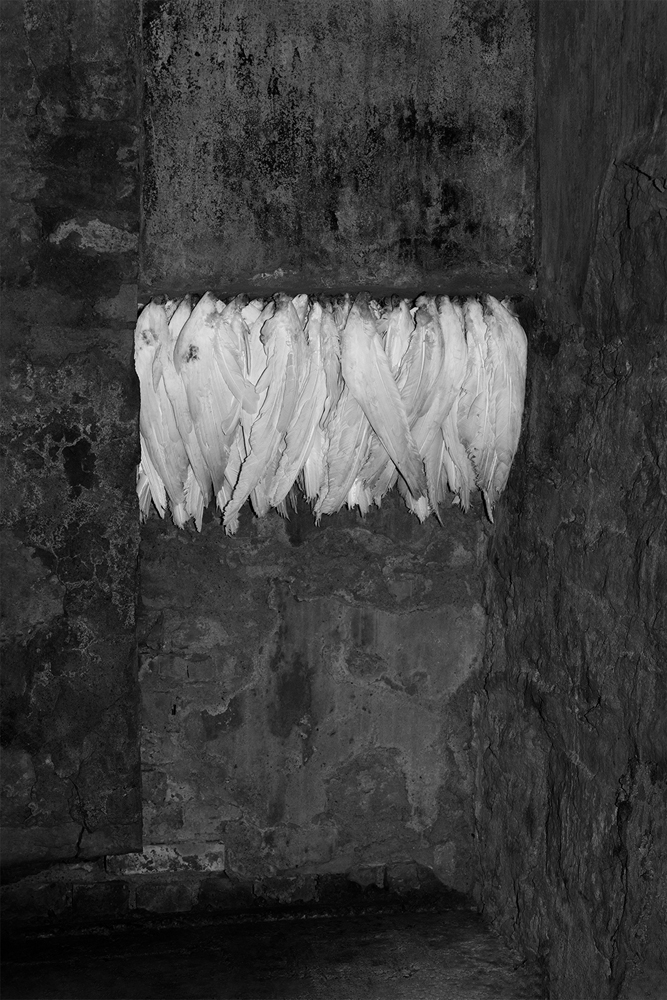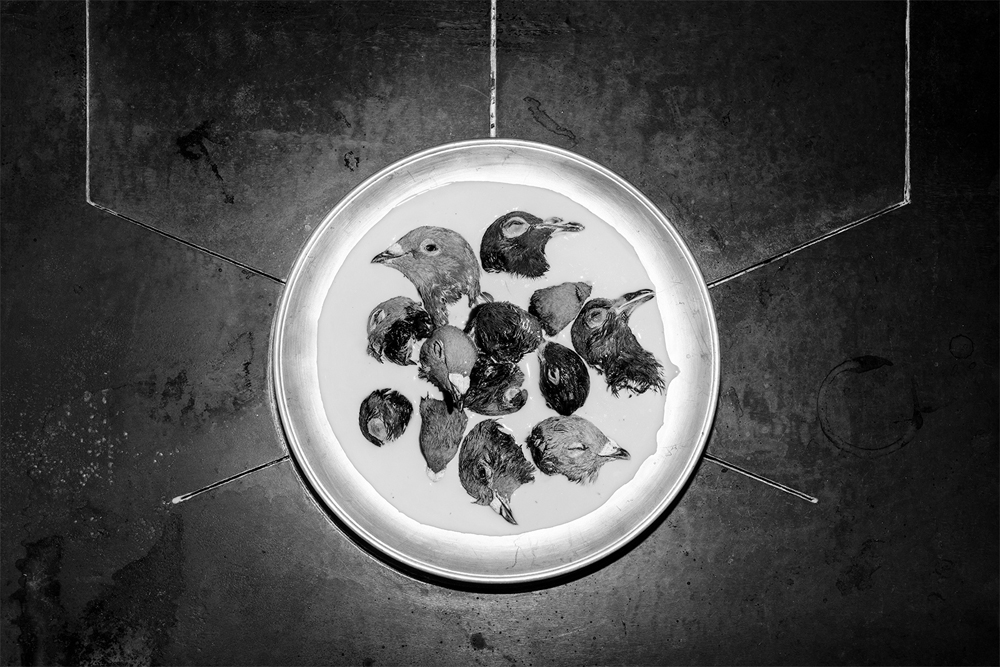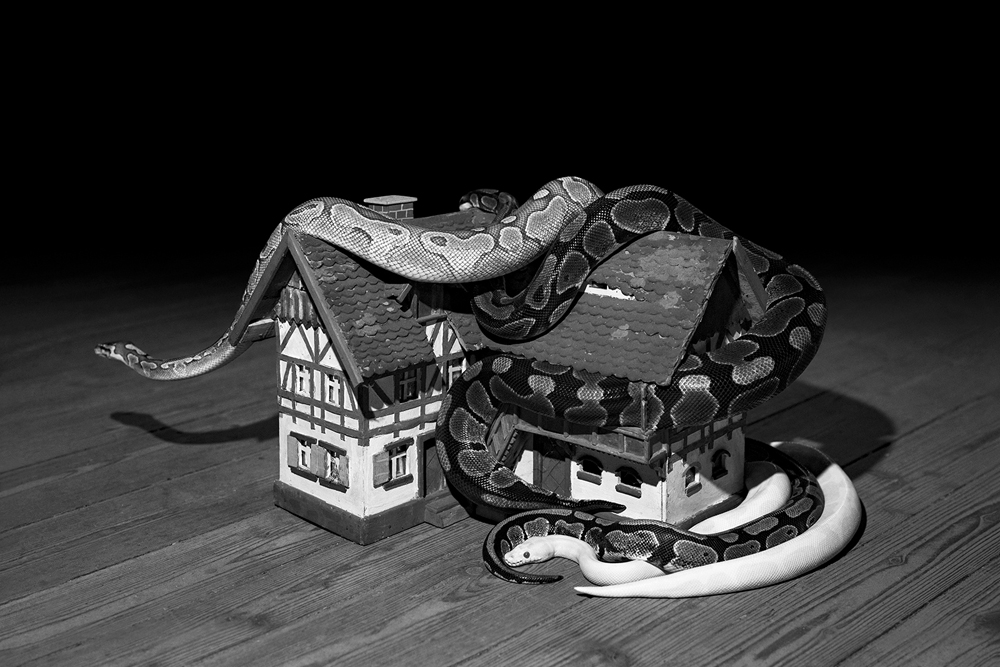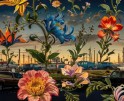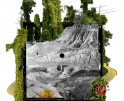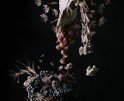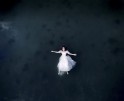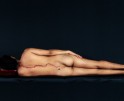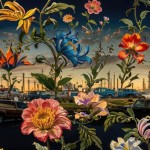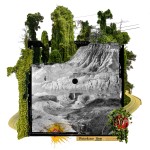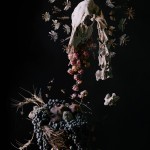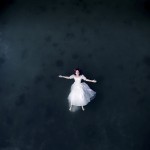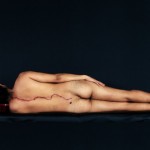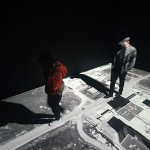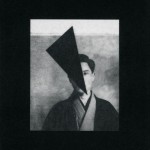Germany Week: ELENA HELFRECHT
This week Lenscratch will turn its sights upon the artistic output of German photographers who present a broad array of the personal, social, historical, and political influences of life in contemporary Germany. Germany’s contributions to the photographic realm are extensive from the earliest days of the genre. From August Sander’s People of the 20th Century, a portrait study of all strata of German society, to the Düsseldorf School under the influence of Bernd and Hilla Becher in the 1970’s with its disciples Andreas Gursky, Candida Höfer, Thomas Ruff and Thomas Struth as well as the peripatetic Barbara Klemm, self-taught Michael Schmidt and the creative visionary, Wolfgang Tillmans , German photography sets definitive standards. A nod should also be made to the less well-known photographers of the former East Germany including but not limited to Arno Fischer, Sibylle Bergemann, and John Heartfield who carved a creative path in the face of significant obstacles.
If you are intrigued by the films of Alfred Hitchcock or Roman Polanski, you are in for a treat in viewing the photographic world of Elena Helfrecht that adds a Bavarian flavor to the visual mix. Her birds might compete effortlessly with those of Hitchcock if they were alive. The walls and attic spaces of her Bavarian homestead would fit in nicely in a remake of Polanski’s Repulsion. Her images invoke a deeper and darker consciousness that probe the boundaries of both the physical and mental order. And who has not fantasized about a dollhouse with a live snake caressing its rooftop on its way into the dark recesses of a room or your mind? Immerse yourself in a contemporary version of a twisted fairy tale where all is not what it seems. This is Helfrecht’s project, Plexus, an exploration of what the mind imagines, and her art translates. Ironically, it is also an unusual family saga suffused in atypical symbols and leitmotifs of the genre.
Follow Elena Helfrecht on Instagram: @elenahelfrecht
Elena Helfrecht is a German visual artist based in Bavaria. She completed her MA in Photography at the Royal College of Art in London in 2019, after studying Art and Image History in Berlin until 2017 and receiving her BA in Art History and Book Science in Erlangen in 2015. Her practice revolves around the inner space and the phenomena of consciousness, emerging from an autobiographical context and opening to the surreal and fantastic, at times grotesque. She is influenced by the folklore and landscapes of her childhood home in Bavaria and her continuous passion for art history and psychology.
Her work has been shown in more than ten countries, in group and solo exhibitions at institutions and festivals such as South London Gallery (UK), the Benaki Museum (GR), Galleria Civica Cavour (IT), Photo Vogue Festival (IT), Encontros da Imagem (PT), and FORMAT Festival Derby (UK). She was a recipient of the BJP International Photo Award, as well as the Sony World Photo Awards (2nd place), and a nominee for the FOAM Paul Huf Award. She was also selected as one of the Bloomberg New Contemporaries, among others. Her images have been featured and reviewed in numerous publications such as the British Journal of Photography, GUP Magazine, Der Greif, Source Magazine, and Financial Times Weekend.
She has given lectures and talks at institutions such as the London College of Communication, Bauhaus-Universität Weimar, the University of Brighton, Arts University Bournemouth, and the University of Europe. Elena’s work is held in private and public collections.
Plexus
Plexus is a photographic case study based on still lifes that emerge from inherited trauma and post memory, exploring the family as an essential contributor to psychological and cultural processes across history. Following my grandmother’s death, I return to my family estate in Bavaria and use the house and its archive as stage and protagonists for an allegoric play.
In the process of reconnecting the fragmentary history of my female lineage, the term ‘re-membering’ becomes literal. Immersing myself into this story, I fill the gaps with dreams, associations, and imagined scenes to create a narrative transgressing personal and national boundaries. The objects and architecture of the house become parabolic proxies and open a gate between the past and the present.
Permeating the imagery is a figurative search for apparent reoccurrences in history, echoing my own repetition of my mother’s and grandmother’s behaviors. By confronting a past spanning across four generations, a renewed sense of identity provides ground for a detailed investigation of post memory, mental health, war, and history. -Elena Helfrecht
Michael Honegger: Plexus is defined as an intricate network or a network of nerves or vessels in the body. What is the origin of this network as it relates to your photography and your role as an artist?
Elena Helfrecht: I chose Plexus as a title because I perceive human consciousness as an intricate network of various influences – a significant one being our ancestors and their experienced trauma, which is precisely what the work is about. The family tree, which ultimately branches into us at some point, is also a “Plexus”, as is society in general – as well as the house I photographed the project in. My ancestral home is in my family’s hands for 200 years, and each generation has left its traces, not all of which still make sense today. The house becomes a metaphor for consciousness: each generation contributes to it, and it seems to be growing by itself, branching out, becoming something else through this process, like a living organism.
MH: What are the symbols or influences, if any, that you identify in your work that may define you in the context of German photographic tradition?
EH: I am not sure if I would define myself in the context of German photographic tradition, to be honest – despite some people having told me that my visual language, especially my often somewhat rigid composition, is (apparently) quite German. I received my BA in Art History and Book Science, which had a huge impact on my visual language. Sometimes I still feel that I create my imagery more in a painterly manner, though during my MA in Photography I have developed more of a photographic approach. Symbolism, Surrealism, and Romanticism had a big influence on me, as did horror and fantasy literature. Some more recent writers I adore very much are for example Camilla Grudova, Walter Moers, Junji Ito or Charles Burns, among many others. And, of course, photographers like Witkin, Ballen, Meatyard or Shiras.
MH: What is it about Witkin’s work that attracted you, and how has that attraction manifested itself in your own practice?
EH: I don’t recall in which context I stumbled upon his work, but it happened very early on, before my BA, and I remember how it immediately touched me deeply. Later on, I went to write my BA thesis about his work and even had the pleasure to talk with him in person once. In some regard, the worlds he created in his images saved me during a difficult time in my life. To me, his work represents a celebration of life – and not only of life, but of life and death, two sides of the same coin. Of humanity with all its quirks, equally ugly and beautiful. When reflecting on it, I think especially his treatment of patterns and forms in black and white, as well as his metaphorical, symbolist approach may have manifested in my own work in one way or the other.
MH: Birds and their feathers in various states and symbols permeate your work (as well as a variety of other fauna) in rather dark permutations. Why have you chosen birds as metaphors for death and dying in many instances?
EH: As so many symbols in my work (most often animals) I can’t come up with one simple, rational explanation. The symbols I use have established themselves subconsciously from early on. Birds and insects, as one example, appear in my images since I first held a camera.
Birds were basically my very first encounter with death. My grandfather used to keep carrier pigeons for over 70 years and butchered them regularly, so my grandmother could cook them. I remember how he left the heads lying around for the cats to play with and as a very young child, I was incredibly fascinated by it. I somehow associate birds with the domestic sphere, and thus maybe with consciousness and how fleeting it is. It’s the cycle of life, something dying so something else can live, the essence of the dead continuing in the living – a transformation of energy.
During the following years, I’ve had several emotional encounters with birds. For example, I remember that during my BA studies while walking to an exhibition, a pigeon fell from the sky right in front of my feet and died on the spot.
MH: There is considerable irony in several of your photo projects, including “Plexus” and “Unternächte”. The works portray scenes that could have illustrated any number of Grimms’ Fairy Tales. Was this your intention, and from where does this emanate?
EH: This is a very interesting observation, which surely rings true. I grew up in a small village in Bavaria, surrounded by the forests. Local folklore, myths, and legends kept me company before I was even able to read. The landscapes I roamed as a child always fired up my imagination in combination with these tales. Especially “Unternächte” stems from there, as the whole project deals with the myths and traditions during the winter months at home, related to the cycle of generations and the fear of dying. Again, I can’t exactly speak of a conscious decision, but when reflecting on it, all this surely impacted my visual language to a great deal.
MH:How do you maintain the balance between humor and pathos in your work?
EH: Haha, do I? In real life, I have a very dark and crude sense of humor not many people can laugh about. I can only say that my work may look more premeditated than it actually is. Often, I take or stage photographs without exactly knowing what they mean in their moment of creation (let alone how they will be perceived), which I then find out months or years later, sometimes even through conversations with people who look at my work.
MH: What is next for Elena Helfrecht given all that you have accomplished in a short period of time?
EH: Thank you, that’s very kind. Awards and the likes are very short-lived though, and while surely helpful and a means to an end, can be quite deceiving. I can only hope that my images speak to some and trigger new thoughts and perspectives, that they leave an imprint somehow, but with everything that is happening in the world, working as an artist feels very futile at times.
Currently, I am working on turning Plexus into a book, which has always been the intended outcome for this series. It will be a sort of symbolist family album. Working on long-term projects makes it a bit difficult to find an end, but I am incredibly excited to finally be working on it. I will probably release more news about this sometime next year.
Apart from that, Teri Varhol and I will be working on turning our collaborative
monograph Augury, which was recently published by Antics Publications, into
an exhibition next year.
Standard edition
Collector’s edition
These are both things I’m truly excited about, and I will release more news about
them soon.
Posts on Lenscratch may not be reproduced without the permission of the Lenscratch staff and the photographer.
Recommended
-
Earth Week: Aaron Huey: Wallpaper for the End of the WorldApril 26th, 2024
-
Earth Week: Casey Lance Brown: KudzillaApril 25th, 2024
-
Tara Sellios: Ask Now the BeastsApril 6th, 2024
-
ALEXIS MARTINO: The Collapsing Panorama April 4th, 2024
-
Emilio Rojas: On Gloria Anzaldúa’s Borderlands: The New MestizaMarch 30th, 2024

